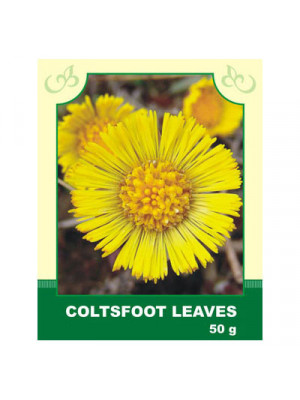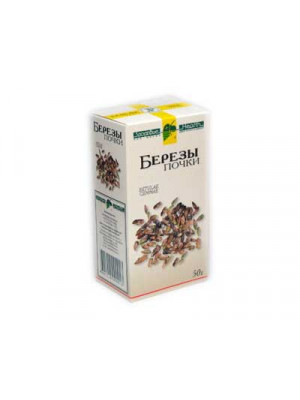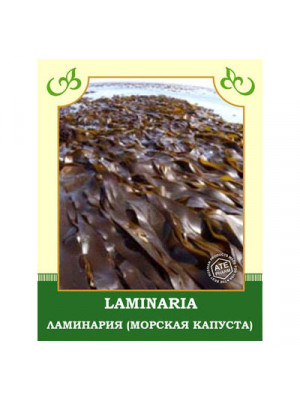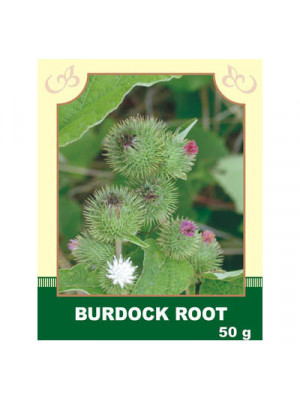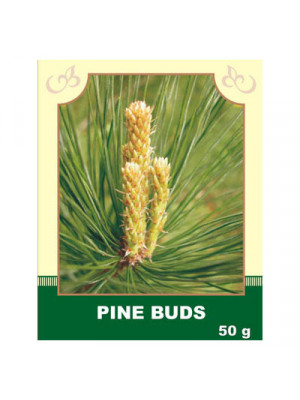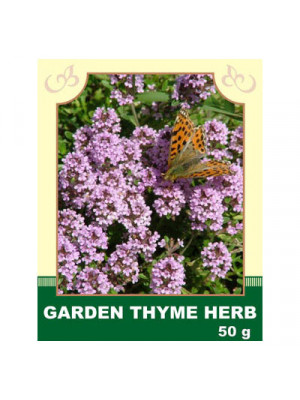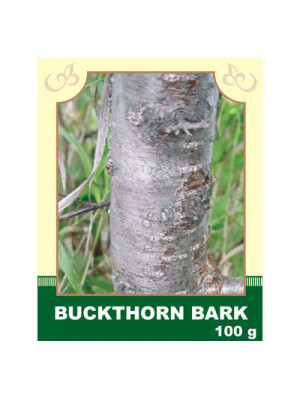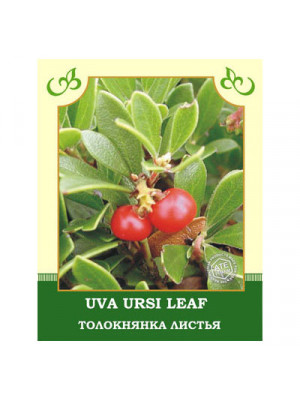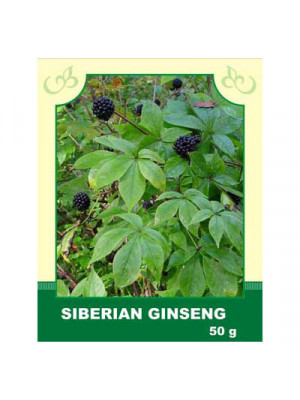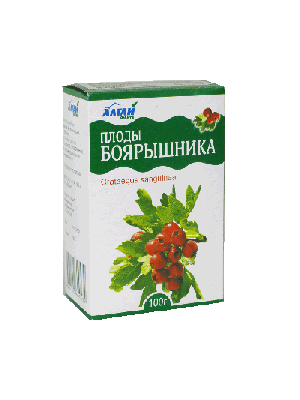Herbs
Folk remedy for strengthening hair and combating dandruff:
A decoction of coltsfoot mixed with nettle is an effective remedy for strengthening hair and combating abundant dandruff.
Internal use:
Take it internally for the following conditions: bronchial asthma, bronchitis, pleurisy, pneumonia, runny nose, flu, inflammatory processes in the oral cavity, toothache, arthritis, myositis, allergies, epilepsy, malaria, edema, shortness of breath, gastrointestinal diseases, peptic ulcer, gastritis, heart diseases, bladder, and kidney diseases.
Preparation and dosage: Pour 5 g of raw materials with 200 ml of boiling water, boil for 10 minutes, infuse at room temperature for 10-15 minutes, then strain. Take 1 tablespoon 3-4 times a day before meals.
External use:
Externally, the decoction is used for accelerating the ripening of boils, for chronic wounds and ulcers. It is also used for gargling in case of angina and for douching in inflammatory diseases of the female genital organs accompanied by discharge. For external use, pour 50 g of raw materials with 1 liter of boiling water, boil for 5 minutes, strain, and apply externally.
Contraindications: Individual intolerance.
$6.99- Birch Buds contain volatile oils, ascorbic acid, bitters, flavonoids, tannins, sugars. Decoction and infusion of birch buds are considered to have diuretic, antiseptic, anti-inflammatory, cholagogic and wound healing properties. Some medics observed great increase of urination under influencing of this decoction and substantial abatement of edemas even when other heart and the diuretics did not help.$9.99
Internally, bladderwrack is taken for the treatment and prevention of atherosclerosis and mild thyroid diseases. It is also used for constipation, acute and chronic enterocolitis, proctitis, and hemorrhoids. Bladderwrack can completely eliminate sexual dysfunctions such as female inflammation and impotence in men.
Method of consumption and dosage: Take 1 teaspoon of powder 2-3 times a day, washing it down with water.
Contraindications: individual intolerance, nephritis, tendency to bleeding, tuberculosis of the lungs, urticaria, during pregnancy, and in other cases when iodine consumption is not recommended.
$6.99
Description. Burdock Root is one of the foremost cleansing herbs, providing nourishing support for the blood, the liver, and the natural defense system. It's rich in Vitamins B1, B6, B12, and E, plus manganese, copper, iron, zinc, sulfur, and more. You'll find Burdock Root in many tonic formulas and special blends designed for internal cleansing. In traditional herbal texts, Burdock Root is described as a blood purifier or alterative, and was believed to clear the bloodstream of toxins. The herb contains polyacetylenes that have both anti-bacterial & anti-fungal properties. Burdock Root contains high amounts of inulin and mucilage. This may explain its soothing effects on the gastrointestinal tract. Bitter constituents in the root may also explain the traditional use of Burdock to improve digestion. Use. Medicinally, Burdock Root has been used both internally and externally for eczema and psoriasis, as well as to treat painful joints and as a diuretic. In traditional Chinese medicine, Burdock Root, in combination with other herbs, is used to treat sore throats, tonsillitis, colds, and even measles. It is eaten as a vegetable in Japan and elsewhere. Burdock is a mild laxative. It also aids in the elimination of uric acid. By improving the function of many organs of elimination (liver, kidneys, bowels), many health conditions are improved. Burdock Root also has the ability to mildly lower blood sugar.
Attention! Before using any herbal products, make sure that you have full knowledge of how the herb works and any adverse reaction it may cause.$6.99Internally: Taken as a remedy for cough in diseases of the upper respiratory tract, as an expectorant and disinfectant in chronic bronchitis, chronic tonsillitis, and acute respiratory diseases. Also possess diuretic and cholagogue properties.
Method of application and doses: 1 tablespoon of kidney pours 200 ml of boiling water, boils in a water bath for 30 minutes, infuses at room temperature for 10 minutes, strains, the resulting infusion is brought to the original volume with boiled water and taken in 1/2-1/3 glass 2-3 times a day after meals.
Externally: Applied in the form of baths in the treatment of the nervous and cardiovascular systems, rickets in children; as inhalations for diseases of the upper respiratory tract. For baths: 500 g per 5 liters of water boil for 30 minutes, strain, add the obtained decoction to the main bath.
Contraindications: Individual intolerance, in nephritis and nephrosis.
$7.99
Description. It has been used through the centuries for many ailments, from epilepsy to melancholy. Nowadays, it is prescribed by herbalists for intestinal worms, gastrointestinal ailments, bronchial problems, laryngitis, diarrhea, and lack of appetite. It has antiseptic properties, and can be used as a mouthwash, skin cleanser, anti-fungal agent for athlete's foot and as an anti-parasitic for lice, scabies, and crabs. Garden Thyme herb tincture is a popular way of dropping bad habits and alcoholism is one of the. Garden Thyme arouses steady feeling of nausea and aversion towards alcohol. Use. Before the advent of modern antibiotics, it was used to medicate bandages. It has also been shown to be effective against the fungus that commonly infects toenails. A tea made by infusing the herb in water can be used for cough and bronchitis. Medicinally thyme is used for respiratory infections in the form of a tincture, tisane, salve, syrup or by steam inhalation. Because it is antiseptic, thyme boiled in water and cooled is very effective against inflammation of the throat when gargled 3 times a day. The inflammation will normally disappear in 2 - 5 days. Thyme is a good source of iron and is used widely in cooking.
Attention! Before using any herbal products, make sure that you have full knowledge of how the herb works and any adverse reaction it may cause.$6.99Internally, it is used for habitual constipation, spastic colitis, hemorrhoids, and anal fissures, especially during pregnancy.
Method of application and dosage: Pour 2 tablespoons of raw material into 200 ml of boiling water, heat on a water bath for 30 minutes, infuse for 10 minutes at room temperature, strain, squeezing the vegetable raw material. Bring the resulting infusion to the original volume. Take 1/2 cup orally at night.
Externally, a strong decoction of the cherry bark is used in the treatment of scabies, especially in children.
Contraindications: individual intolerance, in case of severe kidney dysfunction, and inflammatory processes in the intestines. Prolonged use may lead to habituation.
$6.99Internally: Used as a diuretic for cardiac edema, antiseptic for diseases of the urinary tract and bladder. The tincture is recommended for use in diseases of the nervous system, alcoholism, and as a remedy to normalize sleep. It is also used as a therapeutic and analgesic for joint rheumatism, gout, and malignant tumors.
Method of application and doses: Infusion: Place 1 tablespoon of raw material in an enameled dish, pour 200 ml of hot boiled water, heat in a water bath for 15 minutes, cool at room temperature for 45 minutes, strain. The volume of the resulting infusion is brought to 200 ml with boiled water. The prepared infusion is stored in a cool place for no more than 2 days. Take 1/3-1/2 cup 3-5 times a day 40 minutes after eating.
Externally: In the form of baths and washes for diathesis and purulent wounds.
Contraindications: Individual intolerance, during pregnancy and in case of glomerulonephritis. Prolonged use is not recommended. Consult a specialist for kidney diseases.
$6.99Internally. This remedy improves overall well-being, reduces cholesterol levels in atherosclerosis with predominant involvement of the aorta and coronary vessels. It creates a favorable background for various cardiovascular diseases, rheumatocarditis. It enhances mental performance, reduces fatigue during physical exertion, improves hearing and vision, is beneficial for mild forms of diabetes, and aids in enhancing male potency.
Method of use and dosage: Roots in a 1:1 ratio are infused in 40% alcohol, infused for 2-3 weeks, strained, and taken at a dose of 15-20 drops 2-3 times a day 30 minutes before meals in the first half of the day.
Contraindications: Individual intolerance, arterial hypertension, myocardial infarction, hypertensive crises, febrile conditions, acute infectious diseases.
$6.99- Hawthorn is a plant very popular in Chinese and Japanese medicine. The plant is believed to strengthen cardiovascular function. Hawthorn is also used as an aid to lower blood pressure, lower cholesterol, and treat some heart related diseases. The herb called the hawthorn is one of the best herbs to boost the performance of the heart and the human circulatory system in general. Regular supplementation with this herb can thus help bring some balance blood pressure and it is considered to be excellent for heart.$6.99


